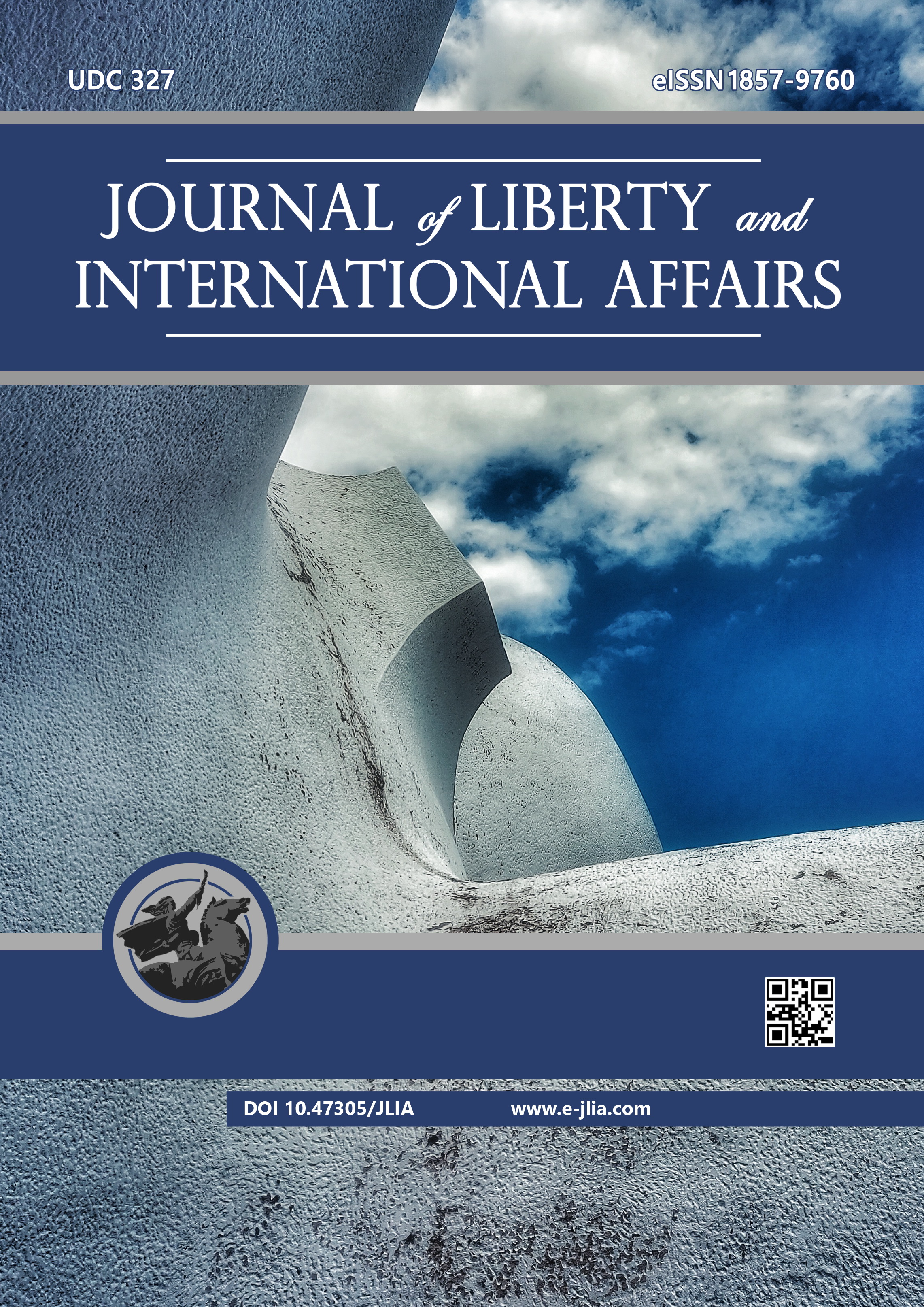DOES COLLECTIVE ACTION INSTITUTIONALIZE RATIONAL CHOICE? CANDIDATE SELECTION IN INDONESIAN POLITICAL PARTIES
DOES COLLECTIVE ACTION INSTITUTIONALIZE RATIONAL CHOICE? CANDIDATE SELECTION IN INDONESIAN POLITICAL PARTIES
Author(s): Andi Luhur Prianto, Achmad Nurmandi, Zuly Qodir, Hasse JubbaSubject(s): Politics / Political Sciences, Politics, Law, Constitution, Jurisprudence, Constitutional Law, International Law, Human Rights and Humanitarian Law, Political Theory, Political Sciences, Civil Society, Governance, Public Administration, Public Law, Government/Political systems, International relations/trade, Security and defense, Military policy, Electoral systems, Welfare systems, Developing nations, Political behavior, Political economy, Political psychology, Politics and law, Politics and communication, Politics and religion, Politics and society, History and theory of political science, Methodology and research technology, Comparative politics, Inter-Ethnic Relations, Geopolitics, Politics of History/Memory, Politics and Identity, Peace and Conflict Studies, Asylum, Refugees, Migration as Policy-fields, Administrative Law
Published by: Institute for Research and European Studies - Bitola
Keywords: Candidate Selection; Collective Action; Rational Choice Institutionalism
Summary/Abstract: The selection process for local head candidates in the electoral democracy in Indonesia is still closed and confidential. Recruitment regulations are insufficient to control the informal actions of the candidate selection process, which is based on political pragmatism. This paper examines the dynamics of local head candidate selection from the rational choice institutionalism approach, with the collective action perspective. The research method uses content analysis, with analyzed interpretively using the NVivo 12 plus application. Research findings show that candidate selection in political parties is not entirely based on supply and demand but as a rational choice formed from the collective actions of party elites. In deciding the mayoral candidate in Makassar City in Indonesia 2020, political parties are influenced by collective mentality, individual quality, group size and resources in political parties. The conclusion is that the rational choice institutionalism approach through the practices of principal-agent, game-theory and rule-based models occurs in the selection of local head candidates. This rational choice institutionalism approach explains the tension between political actors to maximize personal and group interests in political party institutions.
Journal: Journal of Liberty and International Affairs
- Issue Year: 8/2022
- Issue No: 3
- Page Range: 63-82
- Page Count: 20
- Language: English

